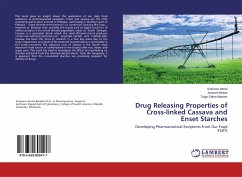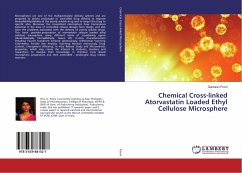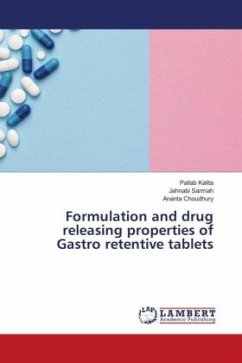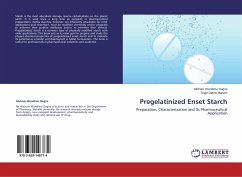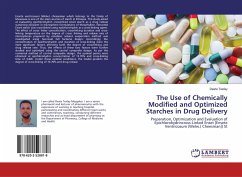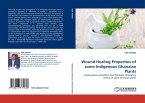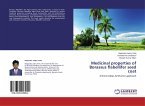This book gives an insight about the application of our daily food substance as pharmaceutical excipients. Enset and cassava are the most commonly plants serve as food in Ethiopia, particularly in southern part of Ethiopia. Enset (Ensete ventricosum) is a perennial, banana-like crop , endemic to Ethiopia that provides the staple and co-staple food for 10 million people in the most densely populated areas of South Ethiopia. Cassava is a perennial shrub which the most efficient starch producer under sub-optimal conditions of uncertain rainfall and infertile soils. Cassava has been the focus of research in a few key areas due to the crop's importance as a food of the poorand its potential as a commodity in the wider economy. The tuberous root of cassava is the fourth most important food source of carbohydrate in the tropics after rice, maize, and sugar cane. This work has tried to investigate the effect of cross-linking on starches extracted from the aforementioned plants. From the foregoing, it is apparent that the cross-linked starches are promising excipient for delivery of drugs.
Bitte wählen Sie Ihr Anliegen aus.
Rechnungen
Retourenschein anfordern
Bestellstatus
Storno

